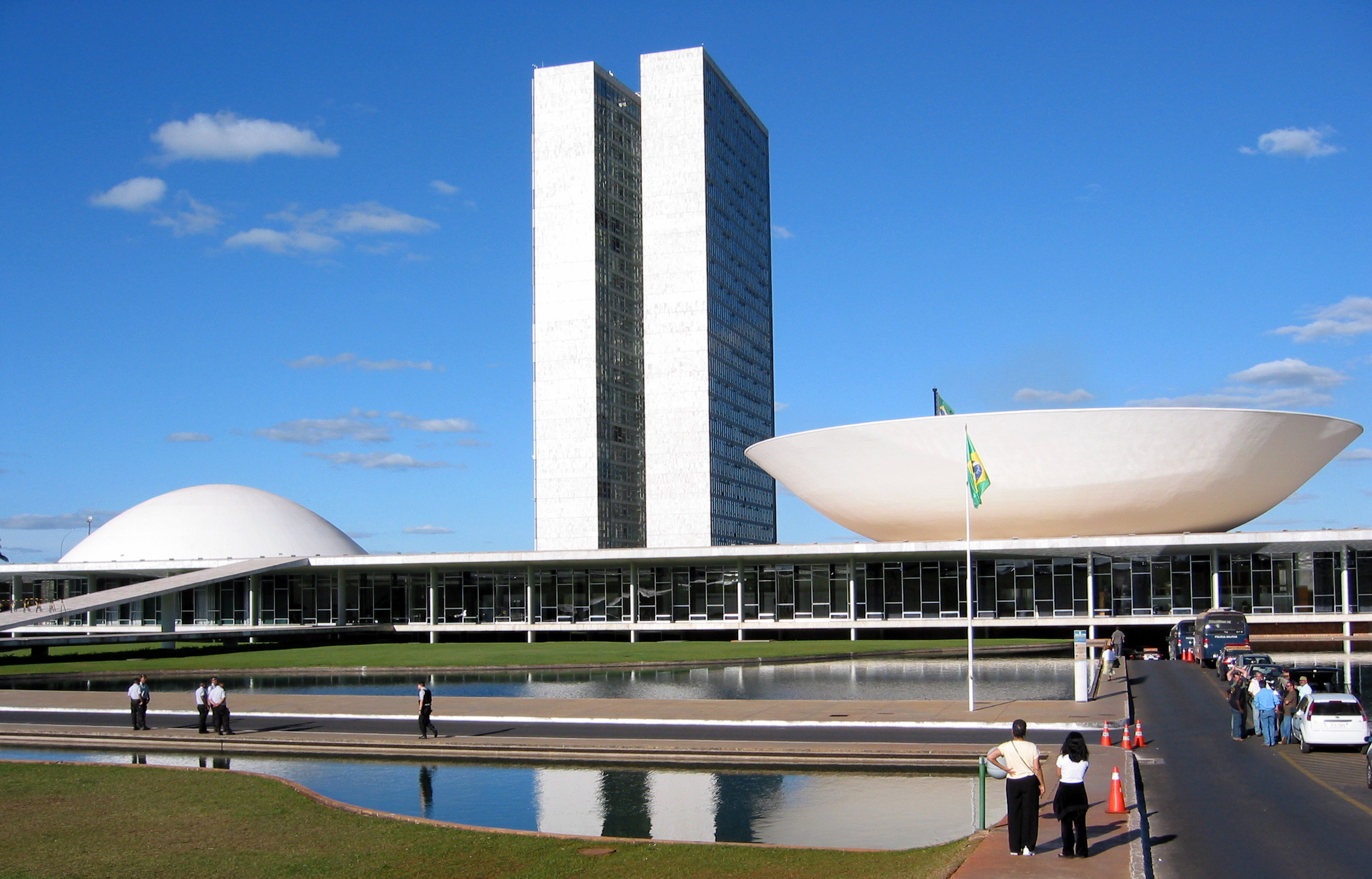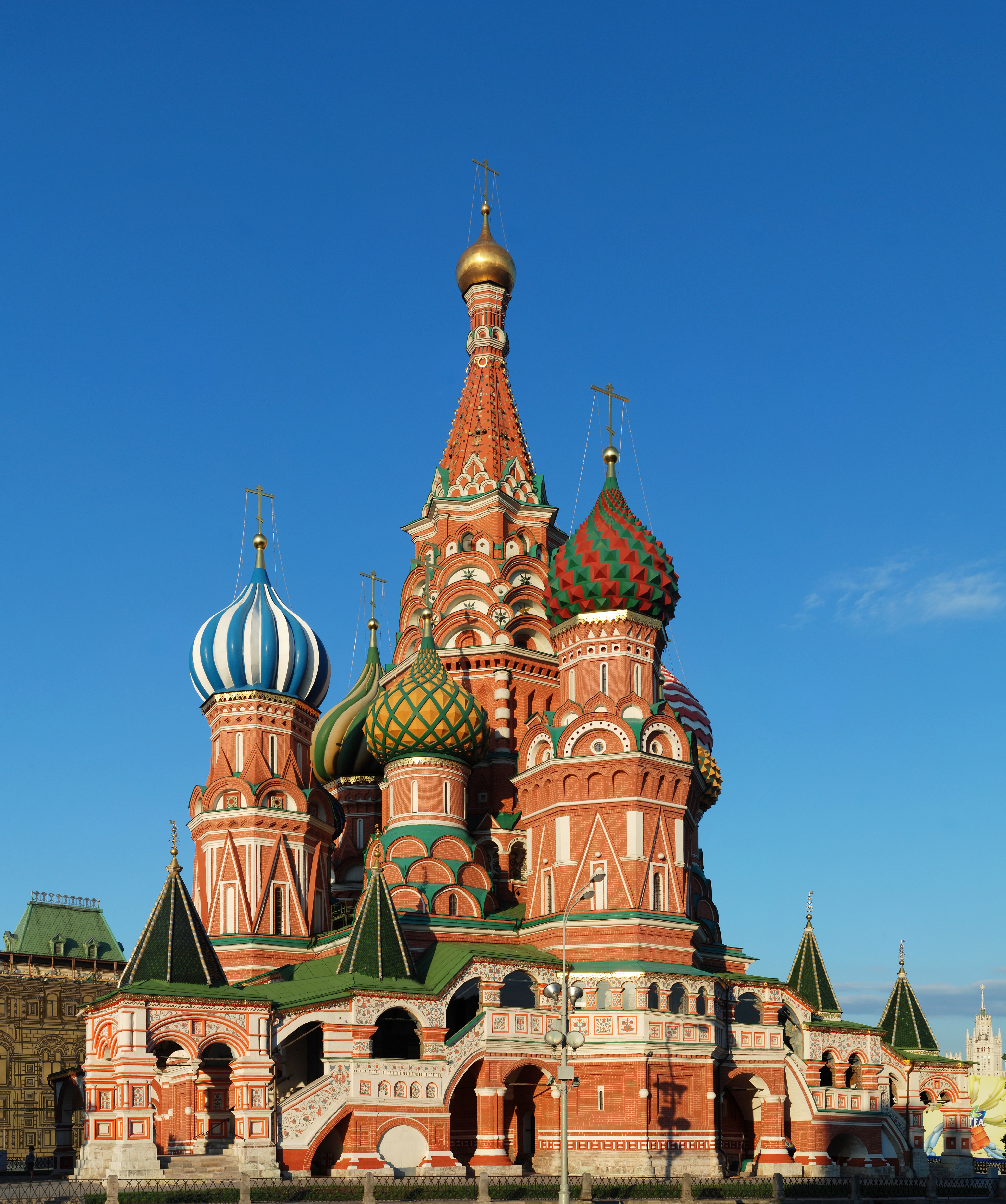|
Social Revolution Festival
The Social Revolution festival is the first architecture festival in Yaroslavl, Russia. The main theme and the motto of the festival is: "Answers of architects to the questions of the city". The festival was held twice, first from 1 to 11 May 2012 and again from 3 to 17 June 2013. Social Revolution 2012 The festival was focused on the idea of social housing development in Yaroslavl. The motto of the festival: "House for the price of the car". One of the festival events was an international architectural competition on the theme "Minimal" house – a dwelling house, available to most residents of Yaroslavl and adapted for life in the Russian climate. The festival included an extensive lecture program, which was devoted to various aspects of the design of social housing, as well as the problems of modern urban research in Yaroslavl. During the festival a research group was formed. Curator of the group was the head of the training programs of the Institute for Media, Architecture and ... [...More Info...] [...Related Items...] OR: [Wikipedia] [Google] [Baidu] |
Yaroslavl
Yaroslavl ( rus, Ярослáвль, p=jɪrɐˈsɫavlʲ) is a city and the administrative center of Yaroslavl Oblast, Russia, located northeast of Moscow. The historic part of the city is a World Heritage Site, and is located at the confluence of the Volga and the Kotorosl rivers. It is part of the Golden Ring, a group of historic cities northeast of Moscow that have played an important role in Russian history. Population: Geography Location The city lies in the eastern portion of Yaroslavl Oblast. The nearest large towns are Tutayev ( to the northwest), Gavrilov-Yam ( to the south), and Nerekhta ( to the southeast). The historic center of Yaroslavl lies to the north of the mouth of the Kotorosl River on the right bank of the larger Volga River. The city's entire urban area covers around and includes a number of territories south of the Kotorosl and on the left bank of the Volga. With nearly 600,000 residents, Yaroslavl is, by population, the largest town on the Volga unt ... [...More Info...] [...Related Items...] OR: [Wikipedia] [Google] [Baidu] |
Simon Rastorguev
Simon Rastorguev (Russian: Семён Васи́льевич Расторгу́ев; born in 1981 in the city of Yaroslavl) is a Russian architect. He graduated from Yaroslavl State Technical University. Aspirant of Department of Cultural and journalism, YSPU. Architect in architectural office "Project Meganom", Moscow. Curator of Architecture Festival " Social Revolution" and organizer of international architectural competitions. Editor of the website on the conceptual architecture -Center of Exploring the Chaos. Major publications * "Real architecture is unpredictable." — Tatlin Mono magazine. magazine #3 (32) 2012 * "Dreams and Visions: BioCity" — l`ARCA plus [...More Info...] [...Related Items...] OR: [Wikipedia] [Google] [Baidu] |
Architecture In Russia
Architecture is the art and technique of designing and building, as distinguished from the skills associated with construction. It is both the process and the product of sketching, conceiving, planning, designing, and constructing buildings or other structures. The term comes ; ; . Architectural works, in the material form of buildings, are often perceived as cultural symbols and as works of art. Historical civilizations are often identified with their surviving architectural achievements. The practice, which began in the prehistoric era, has been used as a way of expressing culture for civilizations on all seven continents. For this reason, architecture is considered to be a form of art. Texts on architecture have been written since ancient times. The earliest surviving text on architectural theories is the 1st century AD treatise ''De architectura'' by the Roman architect Vitruvius, according to whom a good building embodies , and (durability, utility, and beauty). Centu ... [...More Info...] [...Related Items...] OR: [Wikipedia] [Google] [Baidu] |
Festivals In Russia
A festival is an event ordinarily celebrated by a community and centering on some characteristic aspect or aspects of that community and its religion or cultures. It is often marked as a local or national holiday, mela, or eid. A festival constitutes typical cases of glocalization, as well as the high culture-low culture interrelationship. Next to religion and folklore, a significant origin is agricultural. Food is such a vital resource that many festivals are associated with harvest time. Religious commemoration and thanksgiving for good harvests are blended in events that take place in autumn, such as Halloween in the northern hemisphere and Easter in the southern. Festivals often serve to fulfill specific communal purposes, especially in regard to commemoration or thanking to the gods, goddesses or saints: they are called patronal festivals. They may also provide entertainment, which was particularly important to local communities before the advent of mass-produced enter ... [...More Info...] [...Related Items...] OR: [Wikipedia] [Google] [Baidu] |
Russian Culture
Russian culture (russian: Культура России, Kul'tura Rossii) has been formed by the nation's history, its geographical location and its vast expanse, religious and social traditions, and Western culture, Western influence. Russian Russian literature, writers and Russian philosophy, philosophers have played an important role in the development of European thought. The Russians have also greatly influenced classical music, Russian ballet, ballet, Sport in Russia, sport, List of Russian artists, painting, and Cinema of Russia, cinema. The nation has also made pioneering contributions to Timeline of Russian inventions and technology records, science and technology and space exploration. History Language and literature Russia's 160 ethnic groups speak some 100 languages. According to the 2002 census, 142.6 million people speak Russian language, Russian, followed by Tatar language, Tatar with 5.3 million and Ukrainian language, Ukrainian with 1.8 mil ... [...More Info...] [...Related Items...] OR: [Wikipedia] [Google] [Baidu] |
Recurring Events Established In 2012
Recurring means occurring repeatedly and can refer to several different things: Mathematics and finance * Recurring expense, an ongoing (continual) expenditure * Repeating decimal, or recurring decimal, a real number in the decimal numeral system in which a sequence of digits repeats infinitely * Curiously recurring template pattern (CRTP), a software design pattern Processes * Recursion, the process of repeating items in a self-similar way * Recurring dream, a dream that someone repeatedly experiences over an extended period Television * Recurring character, a character, usually on a television series, that appears from time to time and may grow into a larger role * Recurring status, condition whereby a soap opera actor may be used for extended period without being under contract Other uses * ''Recurring'' (album), a 1991 album by the British psychedelic-rock group, Spacemen 3 See also * {{Disambiguation ... [...More Info...] [...Related Items...] OR: [Wikipedia] [Google] [Baidu] |
Library Yaroslavl
A library is a collection of materials, books or media that are accessible for use and not just for display purposes. A library provides physical (hard copies) or digital access (soft copies) materials, and may be a physical location or a virtual space, or both. A library's collection can include printed materials and other physical resources in many formats such as DVD, CD and cassette as well as access to information, music or other content held on bibliographic databases. A library, which may vary widely in size, may be organized for use and maintained by a public body such as a government; an institution such as a school or museum; a corporation; or a private individual. In addition to providing materials, libraries also provide the services of librarians who are trained and experts at finding, selecting, circulating and organizing information and at interpreting information needs, navigating and analyzing very large amounts of information with a variety of resources. ... [...More Info...] [...Related Items...] OR: [Wikipedia] [Google] [Baidu] |
Russia
Russia (, , ), or the Russian Federation, is a List of transcontinental countries, transcontinental country spanning Eastern Europe and North Asia, Northern Asia. It is the List of countries and dependencies by area, largest country in the world, with its internationally recognised territory covering , and encompassing one-eighth of Earth's inhabitable landmass. Russia extends across Time in Russia, eleven time zones and shares Borders of Russia, land boundaries with fourteen countries, more than List of countries and territories by land borders, any other country but China. It is the List of countries and dependencies by population, world's ninth-most populous country and List of European countries by population, Europe's most populous country, with a population of 146 million people. The country's capital and List of cities and towns in Russia by population, largest city is Moscow, the List of European cities by population within city limits, largest city entirely within E ... [...More Info...] [...Related Items...] OR: [Wikipedia] [Google] [Baidu] |
Architecture Of Russia
The architecture of Russia refers to the architecture of modern Russia as well as the architecture of both the original Kievan Rus’ state, the Russian principalities, and Imperial Russia. Due to the geographical size of modern and imperial Russia, it typically refers to architecture built in European Russia, as well as European influenced architecture in the conquered territories of the Empire. The vernacular architecture stems from wooden construction traditions, and monumental masonry construction started to appear during the Kievan Rus’ era in what is now modern Ukraine. After the Mongol invasion of Rus, the Russian architectural trajectory continued in the principalities of Novgorod, Vladimir-Suzdal, Pskov, Muscovy, and the succeeding states of the Tsardom of Russia. Much of the early standing architectural tradition in Russia stems from foreign influences and styles. Among the characteristic styles present in Russian architecture are the Byzantine revival style o ... [...More Info...] [...Related Items...] OR: [Wikipedia] [Google] [Baidu] |
Tchaikovsky
Pyotr Ilyich Tchaikovsky , group=n ( ; 7 May 1840 – 6 November 1893) was a Russian composer of the Romantic period. He was the first Russian composer whose music would make a lasting impression internationally. He wrote some of the most popular concert and theatrical music in the current classical repertoire, including the ballets ''Swan Lake'' and ''The Nutcracker'', the ''1812 Overture'', his First Piano Concerto, Violin Concerto, the ''Romeo and Juliet'' Overture-Fantasy, several symphonies, and the opera ''Eugene Onegin''. Although musically precocious, Tchaikovsky was educated for a career as a civil servant as there was little opportunity for a musical career in Russia at the time and no system of public music education. When an opportunity for such an education arose, he entered the nascent Saint Petersburg Conservatory, from which he graduated in 1865. The formal Western-oriented teaching that he received there set him apart from composers of the contemporary nation ... [...More Info...] [...Related Items...] OR: [Wikipedia] [Google] [Baidu] |





.jpg)